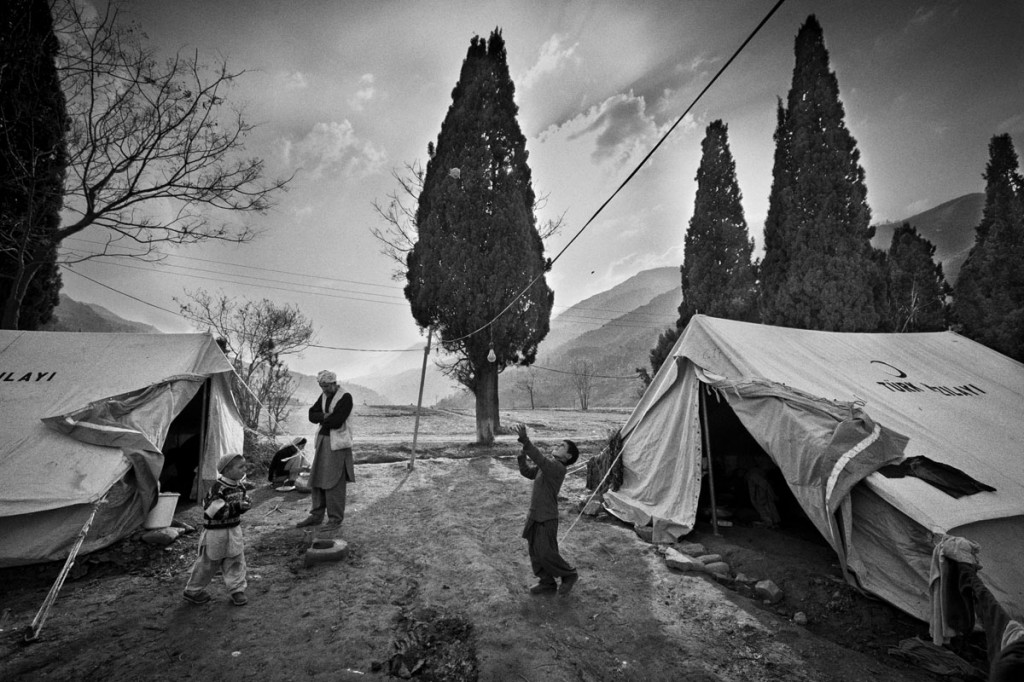
Most people today do not live in Europe or North America, or have white skin. Yet the world’s economy and media are dominated by a handful of Western countries, and the reporting on developing nations is not always done by people who know their subjects well.
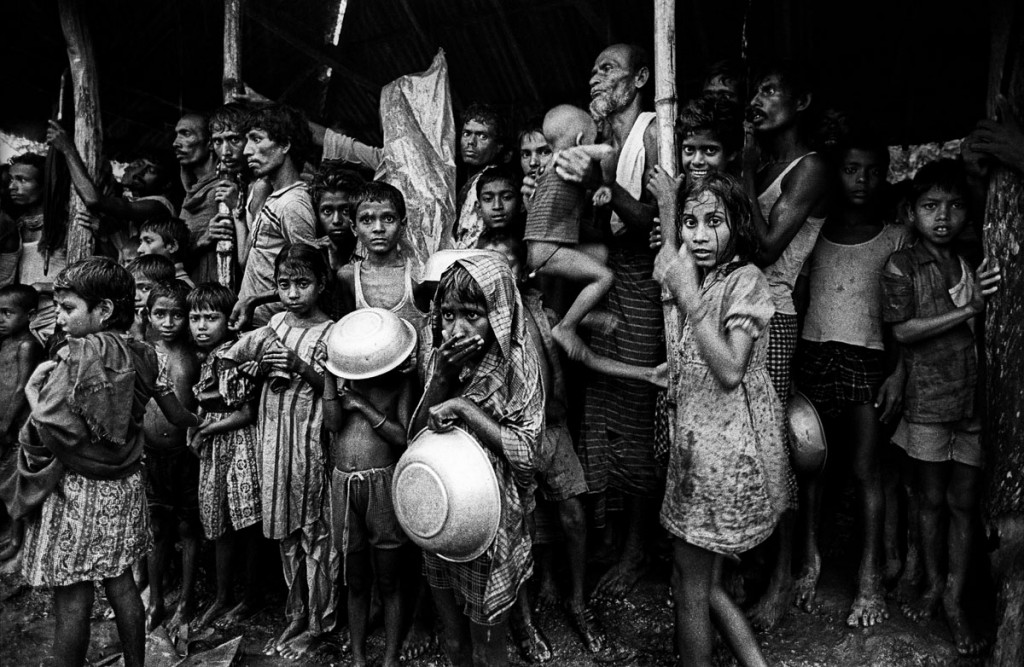
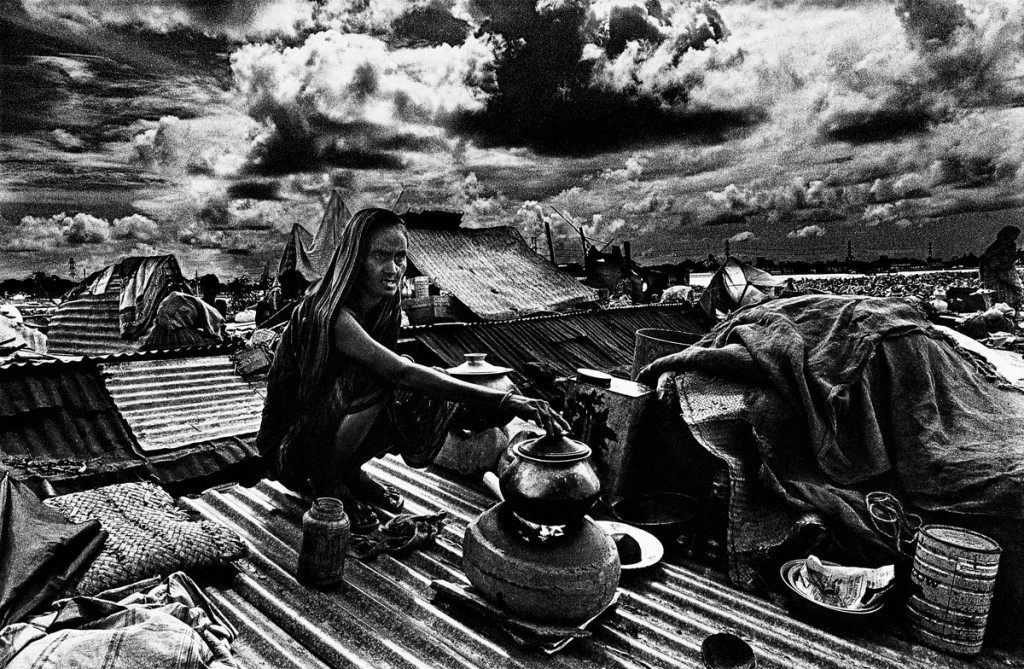
“There is an African saying which I relate to, which goes, Until the lions find their storytellers, stories about hunting will always glorify the hunter,” he said. “We have to be our own storytellers. We also have to ensure that we are sensitive and respectful of our subjects, and that people have dignity in the way that they’re portrayed.” For Mr. Alam, 58, this is another form of colonialism and imperialism. It matters who tells the stories, he says.
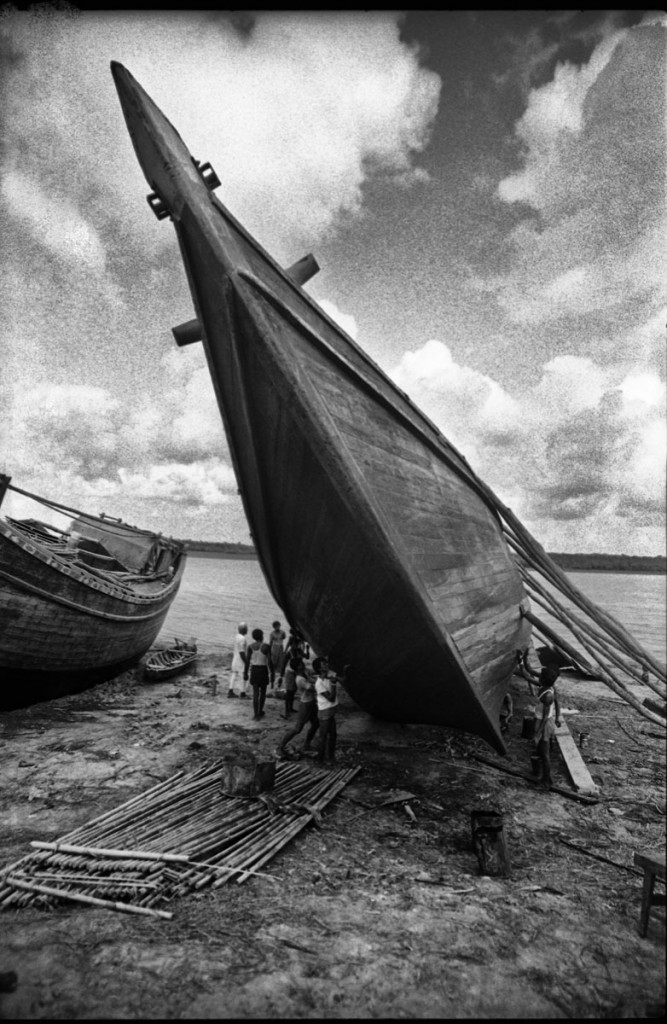
During his three decades photographing in Bangladesh, Mr. Alam has covered numerous major news events, including natural disasters, governmental upheavals, the deaths of thousands of garment factory workers and the struggle against human rights abuses. He has used his photography to directly challenge the Bangladeshi government and military on their violent repression and the ‘disappearances’ of political opponents.
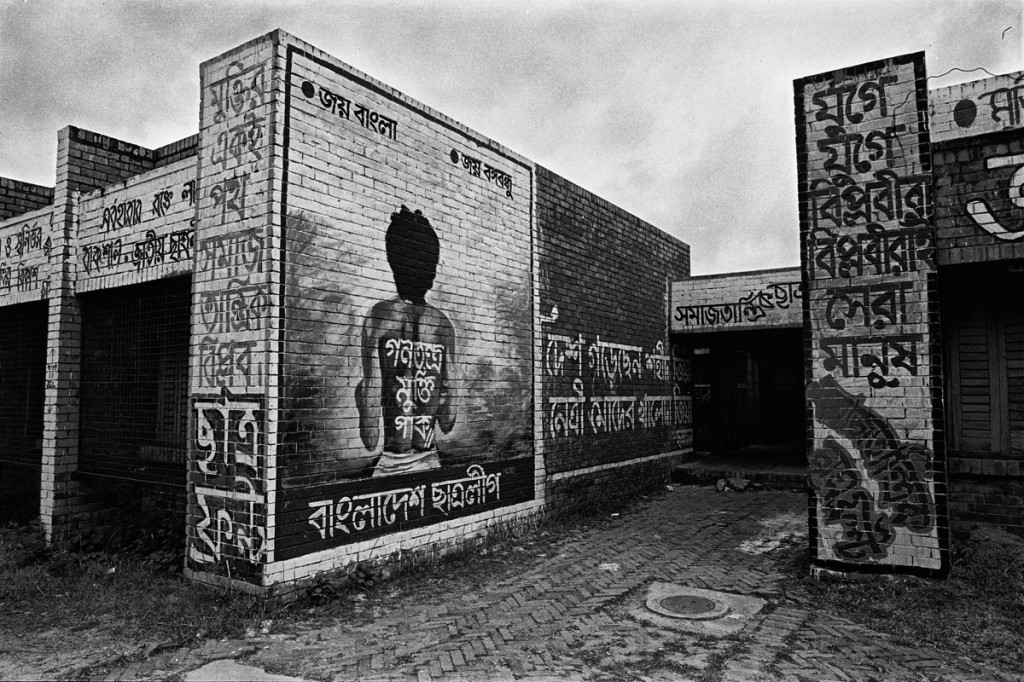
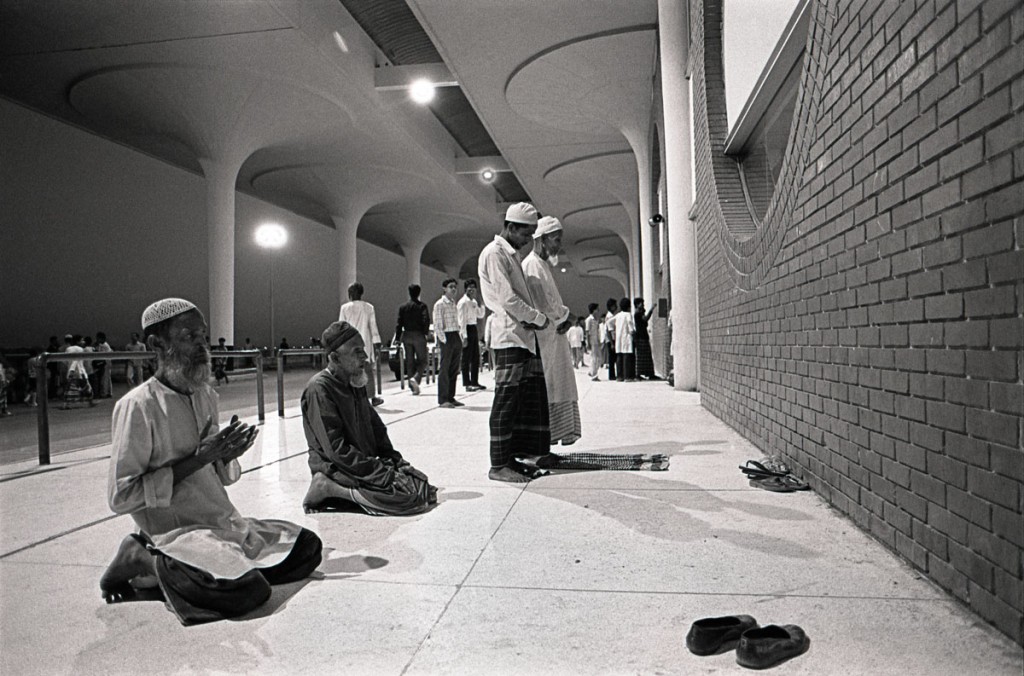
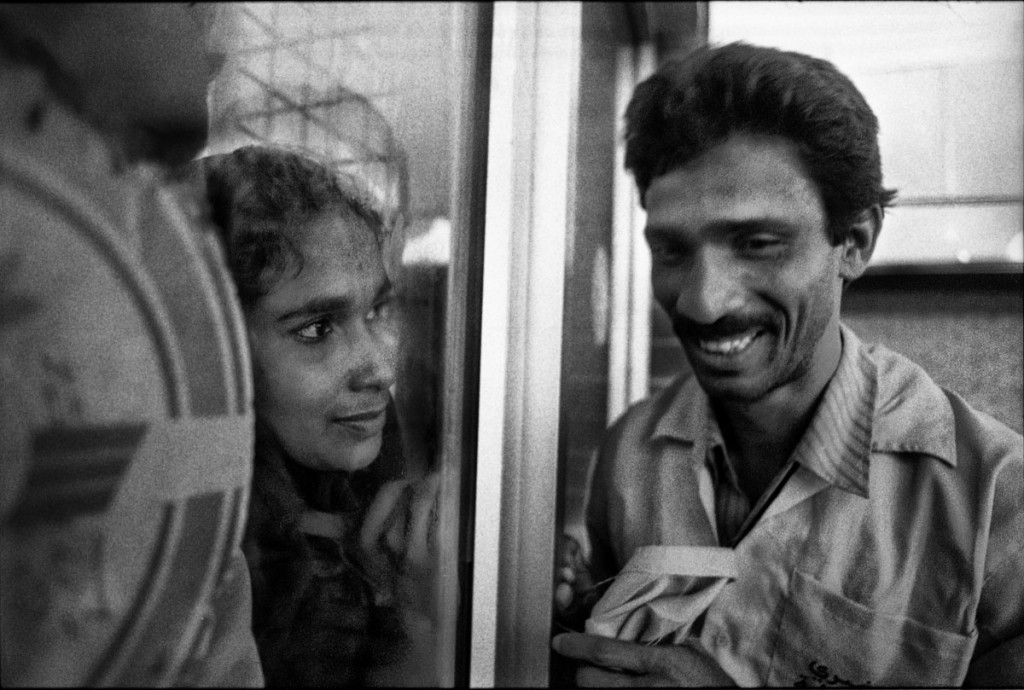
But, just as importantly, he has helped to create an infrastructure for Bangladeshis to tell their own stories and distribute their images worldwide, breaking what he sees as a monopoly on storytelling by Western media.
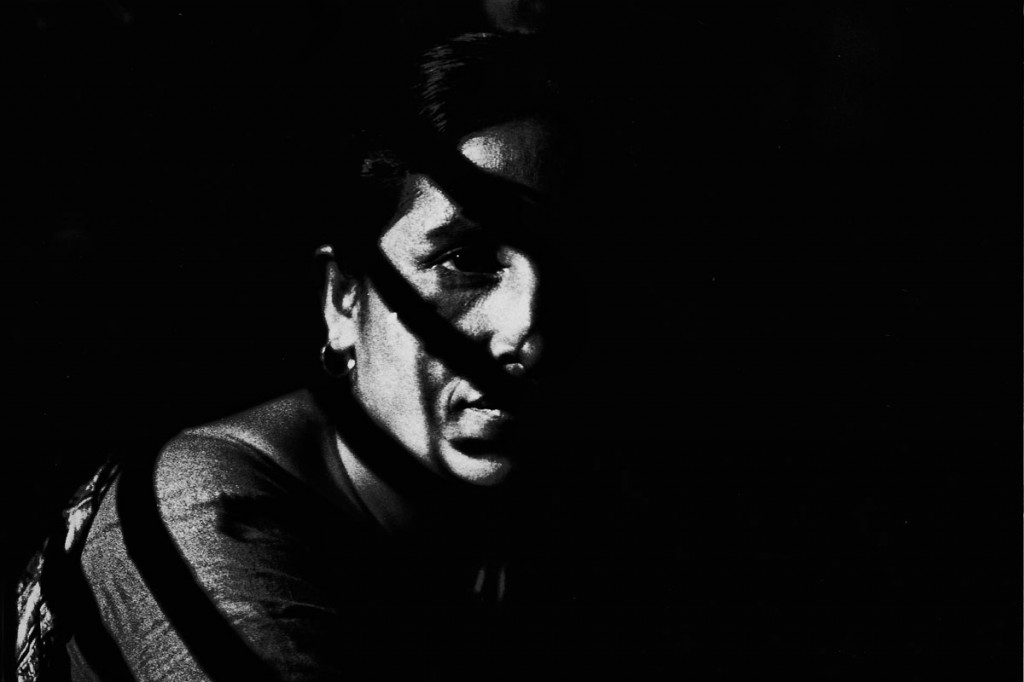
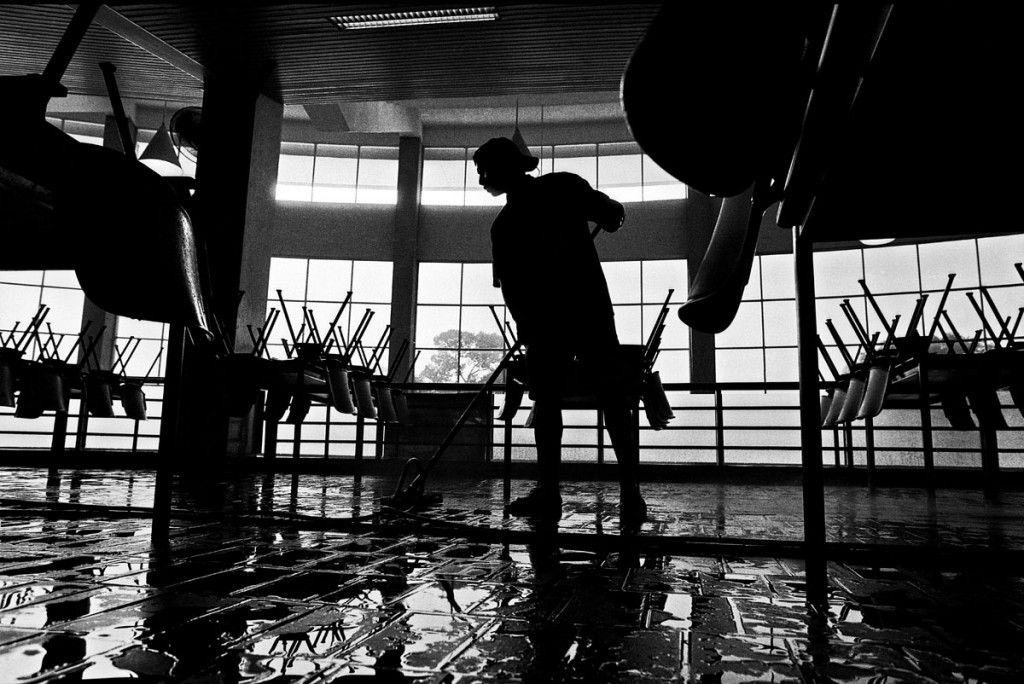
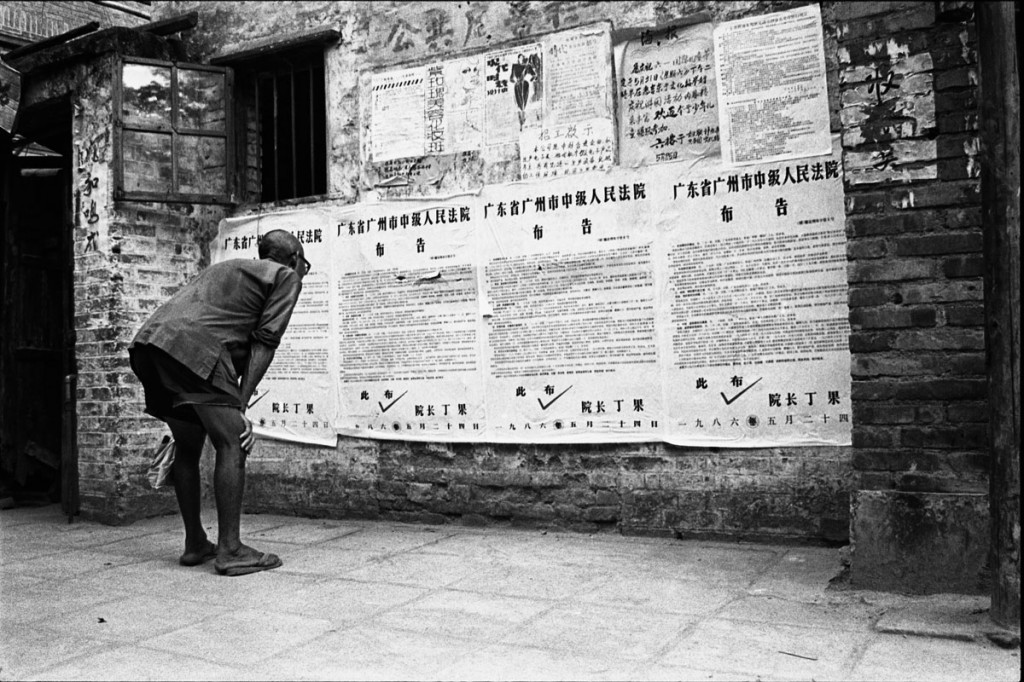
His ‘Pathshala‘ school has produced dozens of world-class photographers and given Bangladesh a reputation for exceptional photography. The Chobi Mela photo festival, which Mr. Alam started in 1999, brings photographers from around the world to the capital, Dhaka, and promotes local image-makers and documentarians. His photo agency, Drik, which he started in 1989, sells stories made by Bangladeshi photographers to media outlets worldwide and encourages its photographers to cover stories the way they want to, and not to try to fit a script imposed by outsiders.
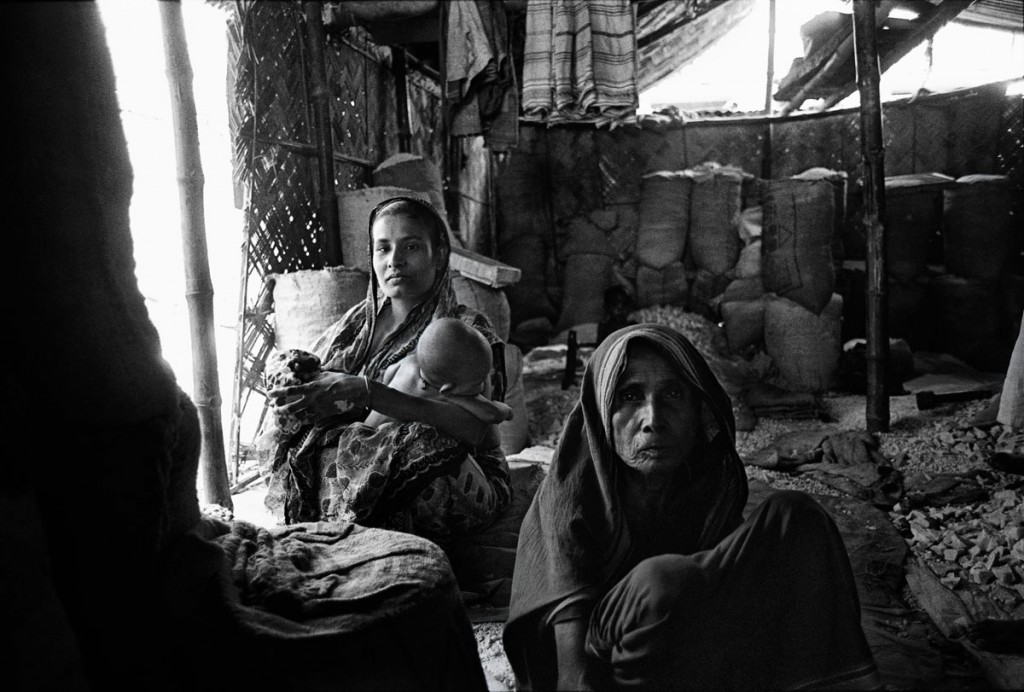
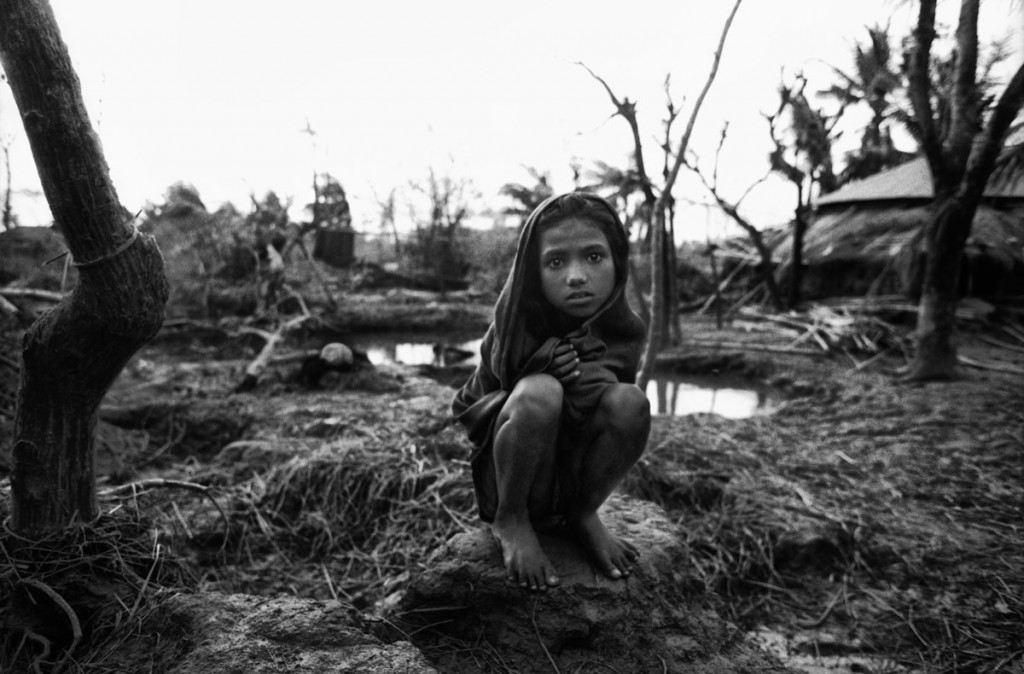
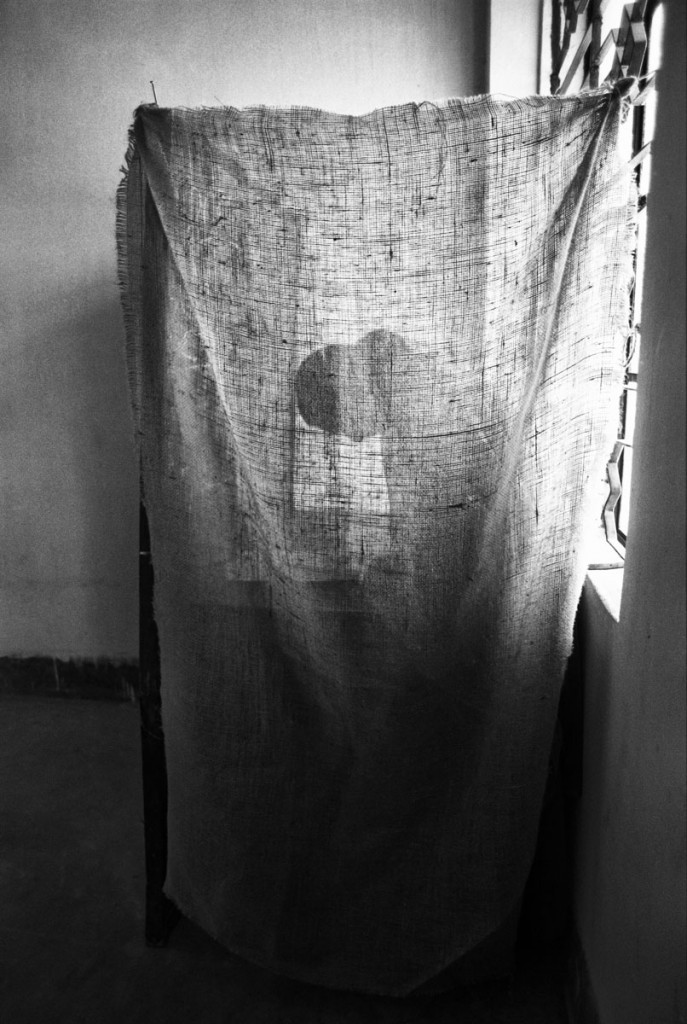
This is the opposite of the expectations he encountered years ago, when he covered stories for Western media outlets and was asked to illustrate predetermined storylines.
“Patronizing storytelling has been damaging to the psyche of Bangladeshis and to the economy,” he said. “Photos of Bangladesh have been used to propagate a colonial view of the world, and as a result, Bangladesh is only known for poverty and disaster.”
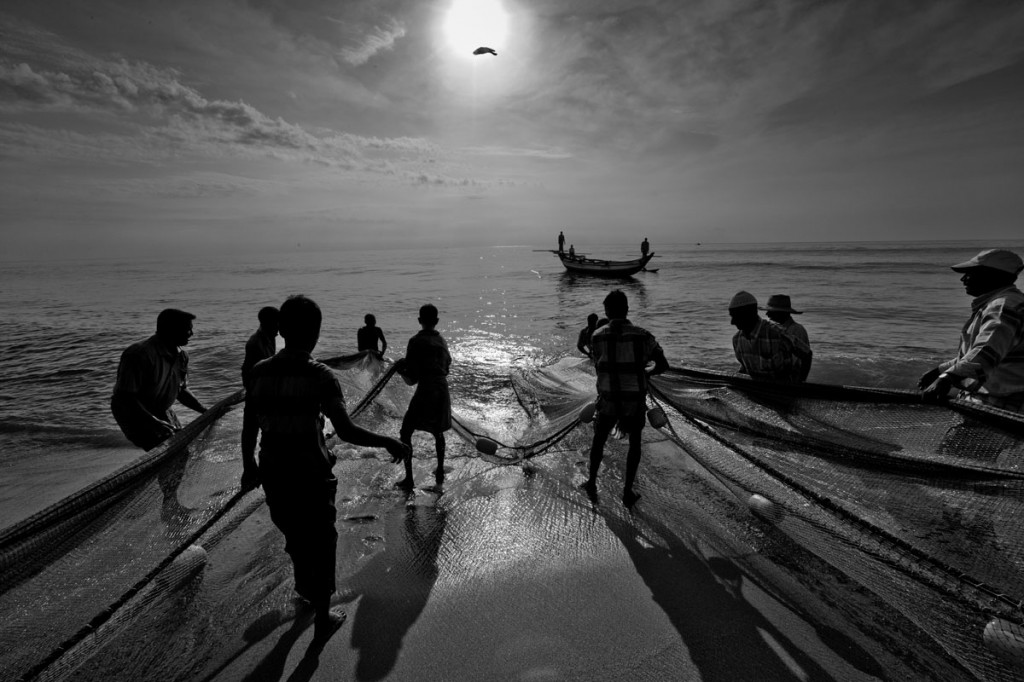
Mr. Alam acknowledges that poverty is part of the story of his country, but when reportage focuses only on poverty, he says, it presents a narrow view. Rarely is the country’s rich culture and art portrayed by the Western media or the foreign photographers working with them.
He has taken his efforts to promote insiders telling their own stories to dozens of countries, including Afghanistan, Nigeria, China and Japan. In 2007, with Colin Hastings and Rowan Watts, he created a photo agency called ‘Majority World’ to represent and promote photographers outside the United States and Europe.
Last year, he published an autobiographical book, ‘My Journey as a Witness‘ (Skira and the Bengal Foundation), in which he recounts his experiences as a photographer, a human rights activist and an architect of a shift in the visual representation of developing countries. In the prologue, he writes:
We have no problems with others telling the story. Our own perceptions need to be challenged. It is the monopoly that the West has had on our storytelling that we question. It’s not sufficient for photographers to simply take the picture. They need to control the rest of the process, including dissemination of those images. We need to ensure we have a say in how that story is told.
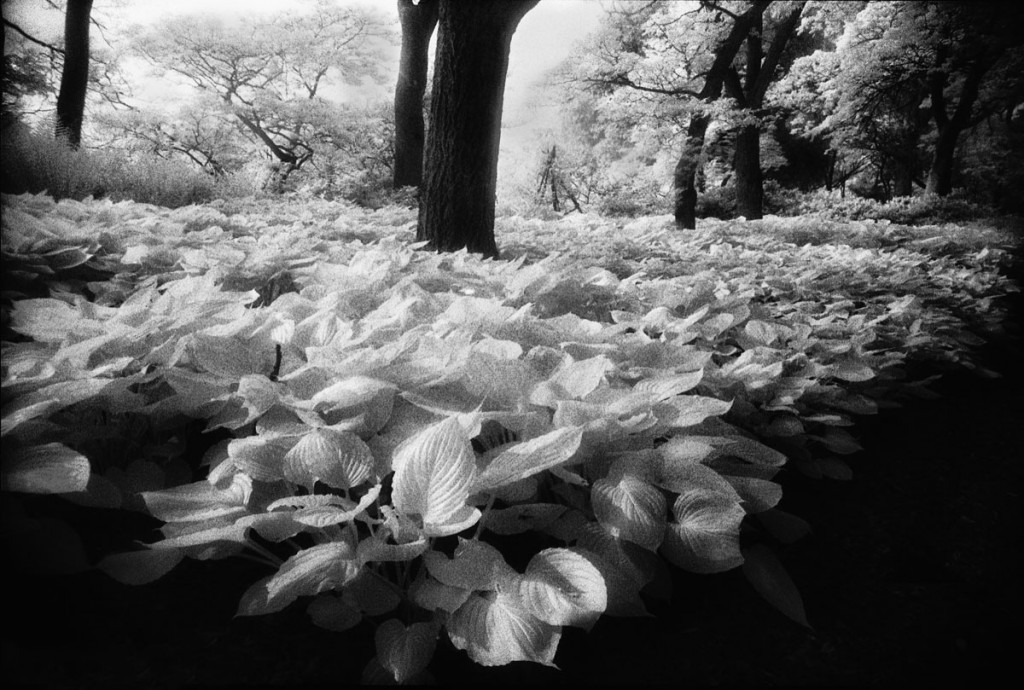
Follow @Majority_World, @shahidul, @JamesEstrin and @nytimesphotoon Twitter. Lens is also on Facebook.




Leave a Reply
You must be logged in to post a comment.